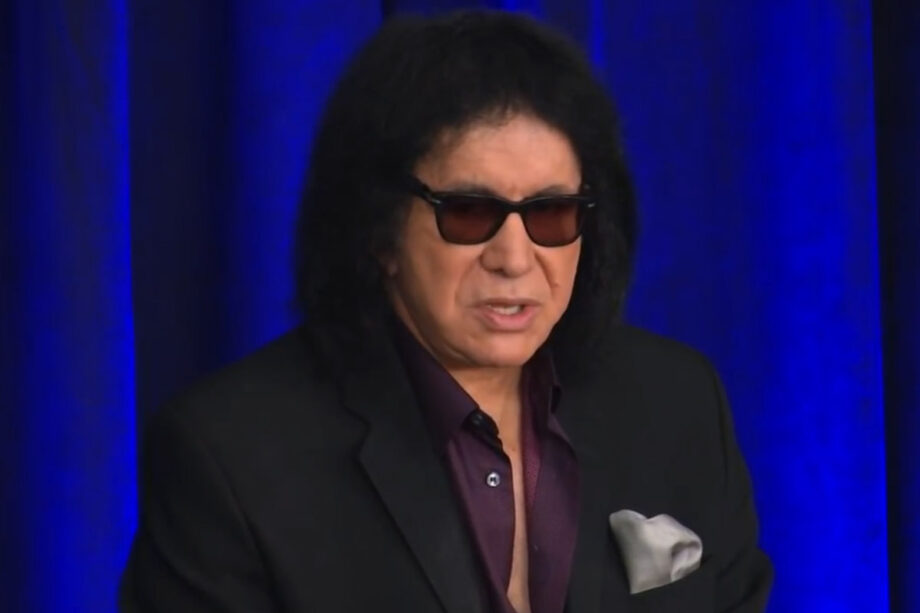KISS co-founder Gene Simmons delivered bold statements about British rock bands’ superiority in a recent interview with WDHAFM. The rock veteran drew specific comparisons between the impact of British bands like The Beatles and Led Zeppelin and their American counterparts.
“We loved the English version of what the Americans invented, which was rock and roll and blues, and it became rap and all that. It all started here [in the U.S.], but come on, the English gave us The Beatles and [Led] Zeppelin and stuff, and we gave them The Grateful Dead. It’s just leagues apart,” Simmons said.
“Nothing American ever rose to that level with people that play guitar. Nothing — not even close,” he continued. “And when you list the top — I don’t know — 10 bands of all time, they were all English or Irish. The Beatles and The [Rolling] Stones and the English invasion and stuff — on and on and on. Amazing songs.”
Simmons’ perspective on the British-American rock dynamic reveals more complexity when examined in a broader context.
American Excellence Recognition

Research from Rock and Roll Garage revealed Simmons’ previous recognition of exceptional American talent. He specifically praised the band Montrose as a standout U.S. group matching British rock’s dominance.
The KISS bassist highlighted Montrose’s 1973 debut album. He described it as a “breath of fresh air” in the American rock landscape and drew parallels to Led Zeppelin’s impact.
British Blues Innovation

Simmons identified The Jeff Beck Group as a pivotal influence on Led Zeppelin’s signature sound.
Jeff Beck’s 1968 album ‘Truth’ established a new standard. The record pioneered the amplified blues-rock approach that later became a defining characteristic of British rock bands.
KISS’s British Influence

British musical elements directly influenced KISS’s creative approach. The band studied songwriting techniques from groups like The Beatles and The Kinks.
KISS drew particular inspiration from The Beatles’ multi-vocalist model. This approach set them apart from other American bands of the era, who typically relied on a single lead singer.





